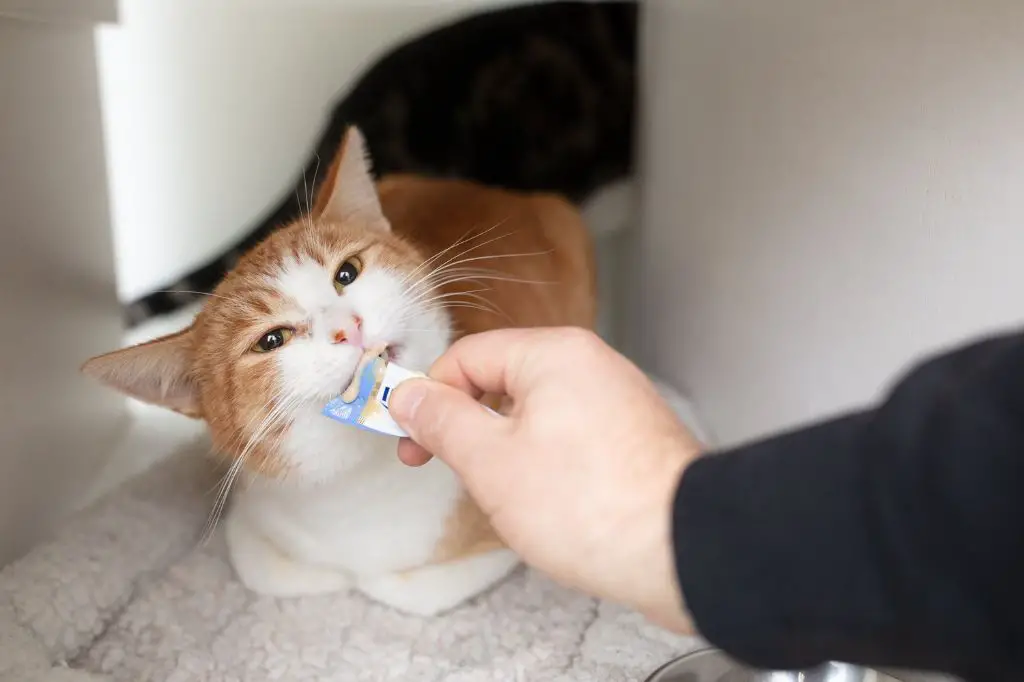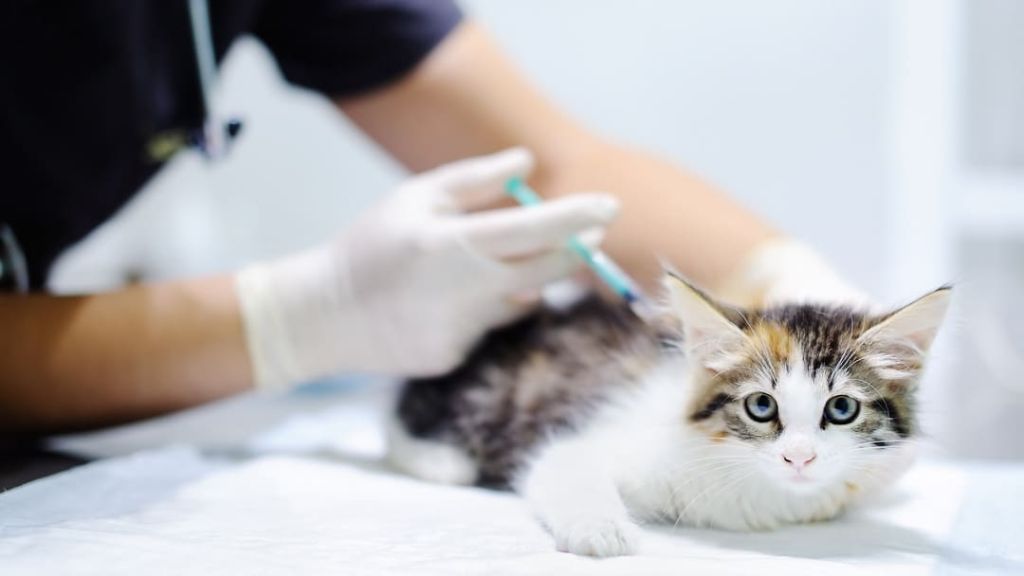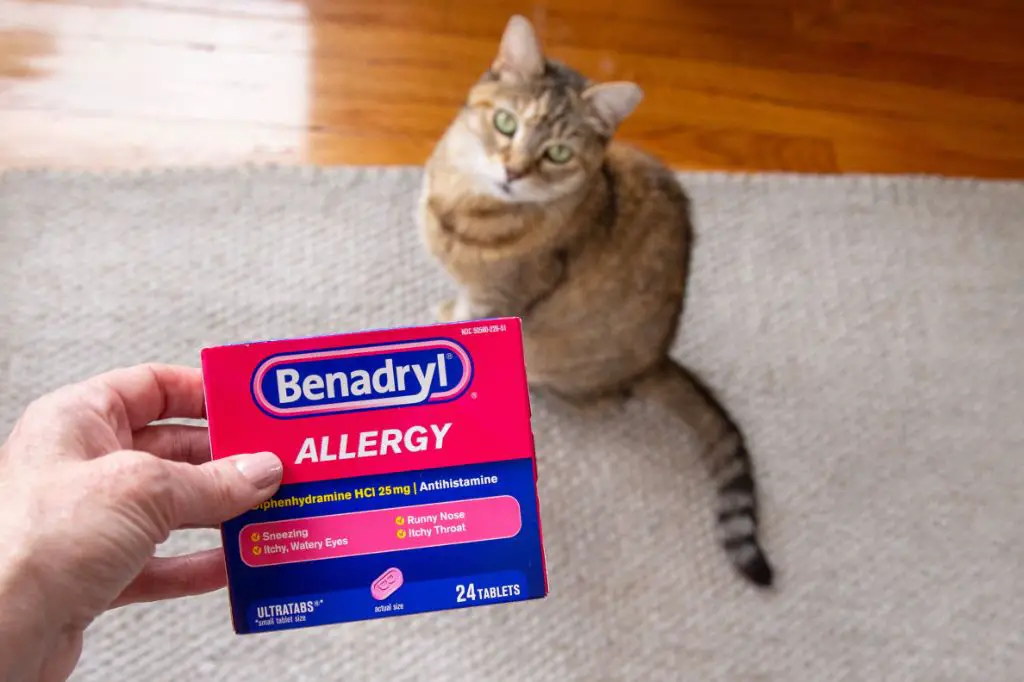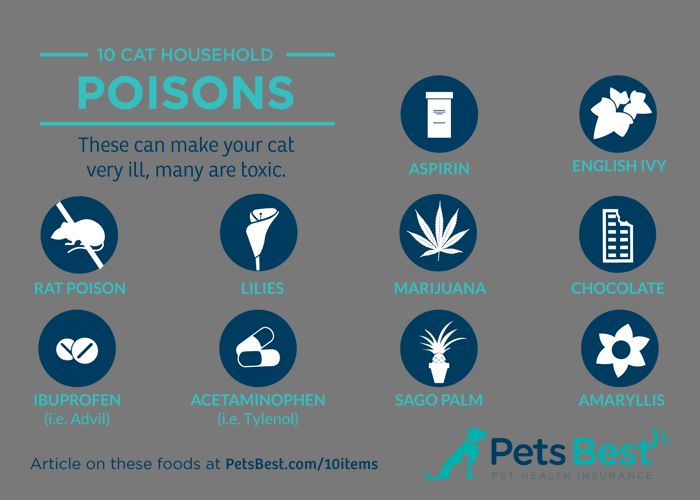While it may be tempting to give your cat medicine intended for human use, most human medications are not safe for cats. Cats metabolize medications very differently than humans, and even small doses of certain drugs can be toxic for them. This article will provide an overview of the types of human medications that should be avoided in cats, and when it’s necessary to call your veterinarian for advice on treating your cat safely and effectively.
The goal is to inform cat owners about the dangers of giving cats human medications without first consulting a vet. With the right information, cat owners can help keep their feline friends happy and healthy by avoiding accidental poisonings from well-intentioned, but inappropriate medication use.
Why Cats Can’t Take Many Human Medications
Cats lack the proper enzymes and metabolic pathways to process many medications designed for human use. This article explains how cats have very different methods of metabolizing drugs compared to humans. For example, cats do not produce enough of the enzyme glucuronyl transferase which helps break down and excrete toxins from the body. They also lack certain hepatic enzymes needed to metabolize drugs like acetaminophen. Due to these differences, many human medications can build up to toxic levels in a cat’s system even when given at low doses considered safe for people.

Additionally, cats are more sensitive than humans to certain classes of drugs. According to this veterinary source, drugs like antidepressants and NSAIDs can be extremely harmful to cats even in tiny amounts. What may be a safe therapeutic dose for a human could overdose a cat and lead to severe illness or death.
For these reasons, owners should never administer any human medication to a cat without first consulting a veterinarian. Vets can provide cat-safe alternatives or advise on appropriate dosing based on the pet’s size and metabolism. Attempting to self-medicate a cat with human drugs puts the animal at risk.
OTC Pain Relievers
Common over-the-counter pain medications like acetaminophen (Tylenol) and ibuprofen (Advil, Motrin) should never be given to cats, even in small doses. These drugs can be extremely toxic to cats.1
Acetaminophen is highly toxic to cats because they lack the liver enzymes needed to metabolize it properly. Even very small amounts can lead to hemolytic anemia, damage to red blood cells, liver failure, and death.2
Nonsteroidal anti-inflammatory drugs (NSAIDs) like ibuprofen can also be deadly for cats. Ibuprofen poisoning can cause stomach ulcers, kidney failure and intestinal issues in cats.3 Even one regular strength tablet can be fatal for a cat.
Due to risks of toxicity and other side effects, human over-the-counter pain medications should never be given to cats without first consulting a veterinarian. There are pet-safe pain relief options for cats that veterinarians can recommend.
Antibiotics
While human antibiotics should never be given to cats without veterinary guidance, some types can be prescribed by a vet for a cat in certain situations. Antibiotics like amoxicillin and penicillin, when given in proper prescribed feline dosages, can treat bacterial respiratory infections and wounds in cats. However, the dose concentration and administration frequency is different for cats versus humans, so a vet must be consulted. Improperly dosed human antibiotics can harm kidneys, digestion, and liver function in cats.

For example, human amoxicillin is dosed at 500mg capsules while for a 10lb cat the typical dose may be 62.5mg twice daily (1/8 of a 250mg capsule). Giving a cat 500mg could be toxic. As this source describes, “Amoxicillin concentration and doses for cats will not be the same as the ones for humans, and it could prove to be fatal. Cats will metabolize medications differently than humans.” Always rely on a vet for proper antibiotic dosing and treatment duration for a cat. Self-prescribing carries great risks.
Sedatives/Anti-Anxiety
While a small dose of Benadryl is considered safe for cats when prescribed by a veterinarian, many other human sedatives and anti-anxiety medications can be deadly for cats if ingested, even in small amounts. According to veterinarian Dr. Pete Wedderburn, “Cats are extremely sensitive to drugs like Xanax, Valium, and Ativan” (Are Herbal sedatives safe for cats? – Pete the Vet). These medications, commonly prescribed to humans for anxiety, insomnia or sedation, can cause severe neurological issues like uncontrollable tremors and seizures in cats. Always consult your veterinarian before giving your cat any medication, even over-the-counter drugs marketed for human use. Some human medications are toxic to cats at doses much lower than the human dose. Safe alternatives specifically formulated for cats are available for many symptoms with the guidance of your vet.
Antacids
Cats should not be given human antacids regularly as they can cause electrolyte imbalances. However, the occasional use of Tums (calcium carbonate) can be safe for cats experiencing an upset stomach. Tums work by neutralizing stomach acid and can provide temporary relief for symptoms like vomiting and diarrhea. The active ingredient calcium carbonate is generally recognized as safe for cats in small doses. It’s important to first rule out any serious conditions with the vet before using Tums. Too much calcium supplementation can also be dangerous. Tums should only be given occasionally and in consultation with your veterinarian. The recommended dosage is 1/4 to 1/2 tablet for an average sized cat. Never exceed the suggested dosage. While Tums are relatively safe for cats, they are not a substitute for veterinary care if your cat has ongoing gastrointestinal issues.
Source: Meclizine Hcl 12.5 Mg For Dogs
Antihistamines
Antihistamines like Benadryl (diphenhydramine) can help relieve allergy symptoms in cats, but should only be given under the guidance of a veterinarian. Benadryl and other over-the-counter antihistamines made for humans can be toxic to cats if given incorrectly or in too high of a dose (source).

The typical dosage for Benadryl in cats is 1-2 mg per pound given 2-3 times a day. So a 10 pound cat could get 10-20 mg per dose. It’s important to follow your vet’s dosage instructions closely. Giving too much can cause sedation or even liver damage (source).
There are also prescription antihistamines made just for cats that vets may recommend, like hydroxyzine or clemastine. These are formulated to be safer and more effective for feline allergies (source).
Antidepressants
Antidepressants are generally not recommended for cats, as cats do not suffer from depression in the same way humans do. Cats can experience situational depression and mood changes, but these are usually triggered by an underlying medical condition or environmental factors. Veterinary behaviorists may prescribe antidepressants like fluoxetine for anxiety disorders or compulsive behaviors in cats, but only after medical causes are ruled out. Side effects like lethargy, vomiting, and decreased appetite can occur. Most human antidepressants should be avoided in cats, as the therapeutic dose is much lower and overdosing can be toxic. Only give antidepressants prescribed by your veterinarian, and closely monitor your cat for adverse reactions. In many cases, environmental changes, pheromones, or other therapies are safer alternatives for treating anxiety or behavior issues in cats.
Other Human Meds to Avoid
In addition to pain relievers, antibiotics, sedatives, antacids, antihistamines, and antidepressants, there are other types of human medications that can be extremely toxic to cats if ingested.
Medications for managing high blood pressure and heart conditions like beta blockers, ACE inhibitors, and calcium channel blockers can cause dangerously low blood pressure, irregular heart rhythms, and even heart failure in cats. According to veterinarians, these types of medications should never be given to cats under any circumstances.

Diabetes medications, thyroid hormones, and oral contraceptives can also wreak havoc on a cat’s endocrine system. Even small amounts of these drugs can throw off the delicate hormonal balance in cats.
Anti-seizure drugs, muscle relaxants, and ADHD medications that affect neurotransmitters and brain chemistry should also be avoided. Small doses that seem harmless to humans can cause neurological toxicity in cats. The brain and central nervous system of cats are much more sensitive than humans in this regard.
In summary, any human medication that powerfully alters heart function, hormone levels, or brain chemistry should be assumed unsafe for cat consumption without veterinary advice. Even very small amounts of these drugs can rapidly endanger a cat’s health.
Source: https://setiathome.berkeley.edu/forum_thread.php?id=73716&postid=1494743
When to Call the Vet
Before giving your cat any medication, even over-the-counter medicines, it is crucial to consult your veterinarian first. Cats metabolize medications very differently than humans, and a drug that is safe for human use can be toxic for felines. According to Dr. Marty Becker, you should always check with your vet before administering any medication to avoid potentially life-threatening consequences.
Your vet will evaluate your cat’s medical history, any pre-existing conditions, and potential medication interactions before prescribing a safe dosage and administration method. Providing medications without veterinary guidance can lead to overdose, organ damage, and even death in cats. It is not worth taking risks with over-the-counter human medicines. Contact your vet first before giving your cat any medication, even if the symptoms seem minor.
